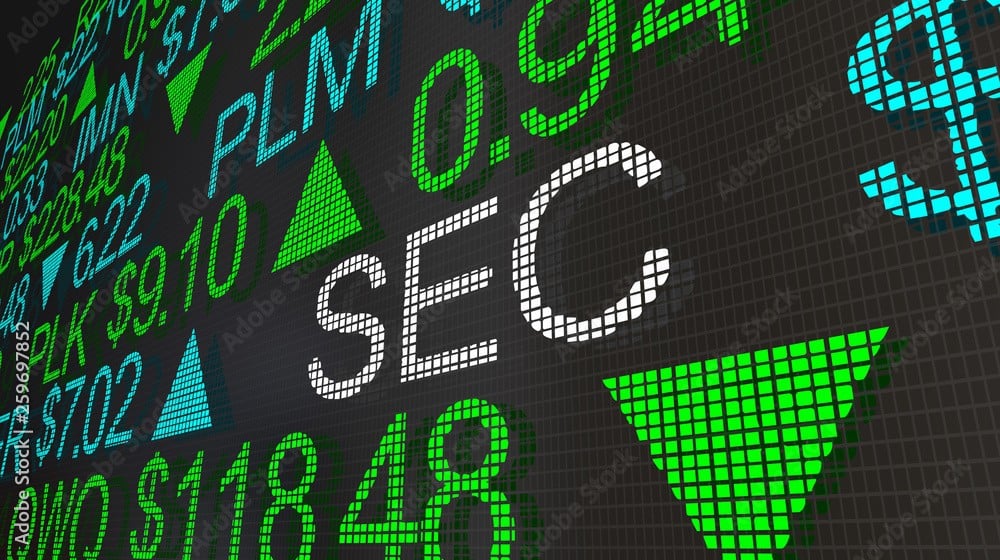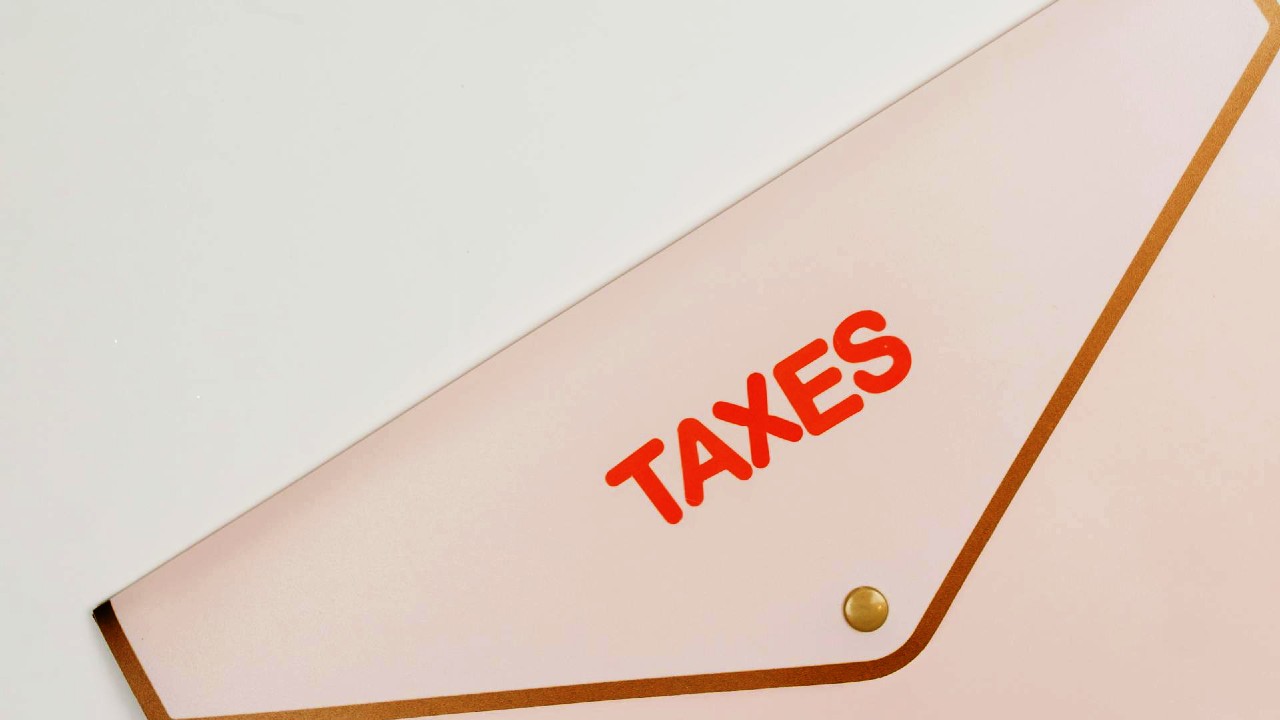eBrand Me is a digital marketing agency offering marketing & consultative services to CPAs and tax professionals.
The New York Stock Exchange (NYSE) has a history that goes back to 1792 when two dozen stockbrokers met on Wall Street...
The NASDAQ is the world’s first electronic stock exchange. Launched on Feb. 5, 1971, it transformed the financial...
The major U.S. market indexes are the Dow Jones Industrial Average (DJIA), the NASDAQ, and the S&P 500. The Dow Jones...
There are approximately 5,000 U.S. indexes. The three most widely followed are the S&P 500, Dow Jones Industrial...
Alpha and beta are measures used by investors to evaluate the performance and risk of an investment security or...
When the U.S. stock market crashed in October 1929, securities issued by numerous companies became worthless. As an...
The first leveraged buyouts started in early 1980s with high yield bonds invented by Michael Milken (commonly called...
When investing in the stock market, The Rule of 72 can be a helpful tool to give you an idea of how long it will take...
The IRS will open for business on January 29. This is the day the agency will start accepting and processing tax...
SIGN UP FOR THE LATEST POSTS FROM EBRAND ME
Receive notifications of new posts by email.










